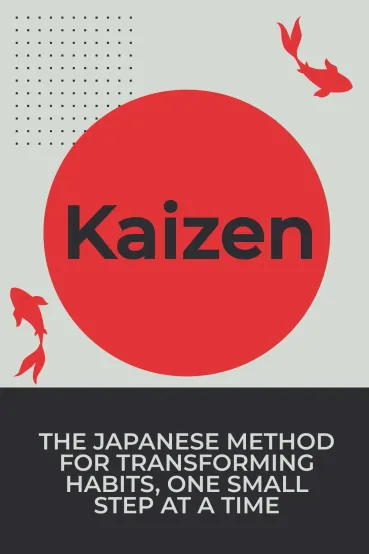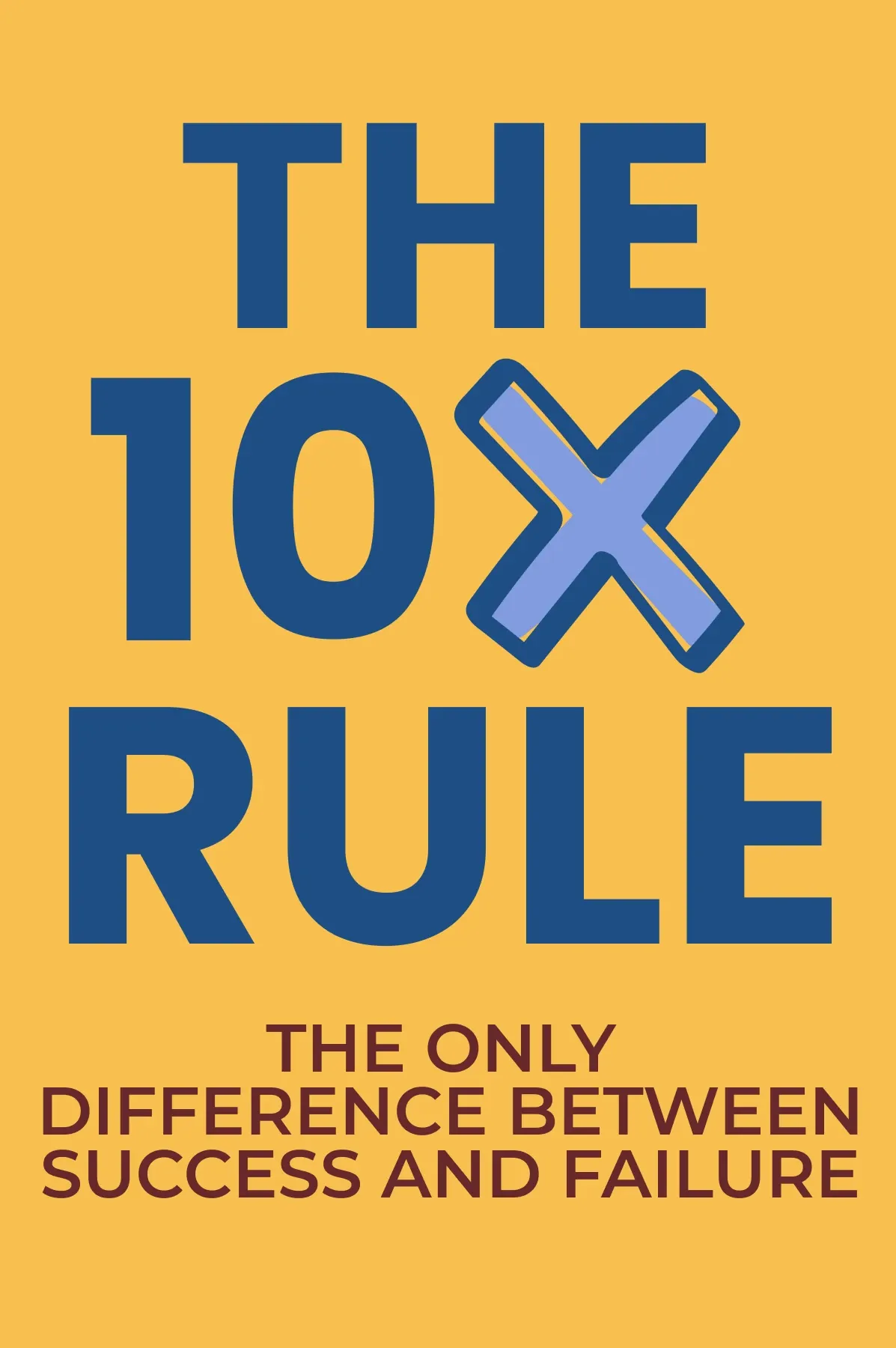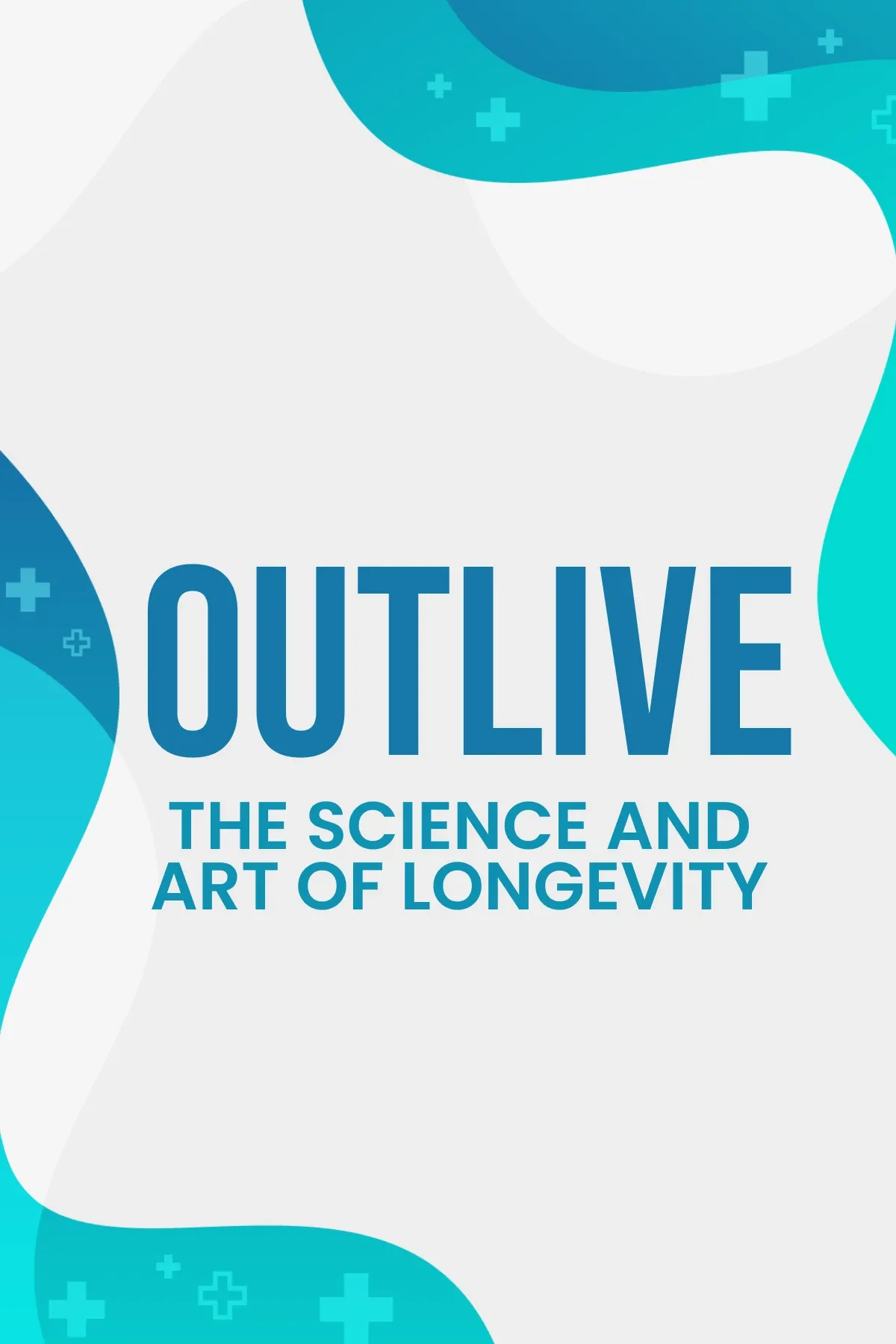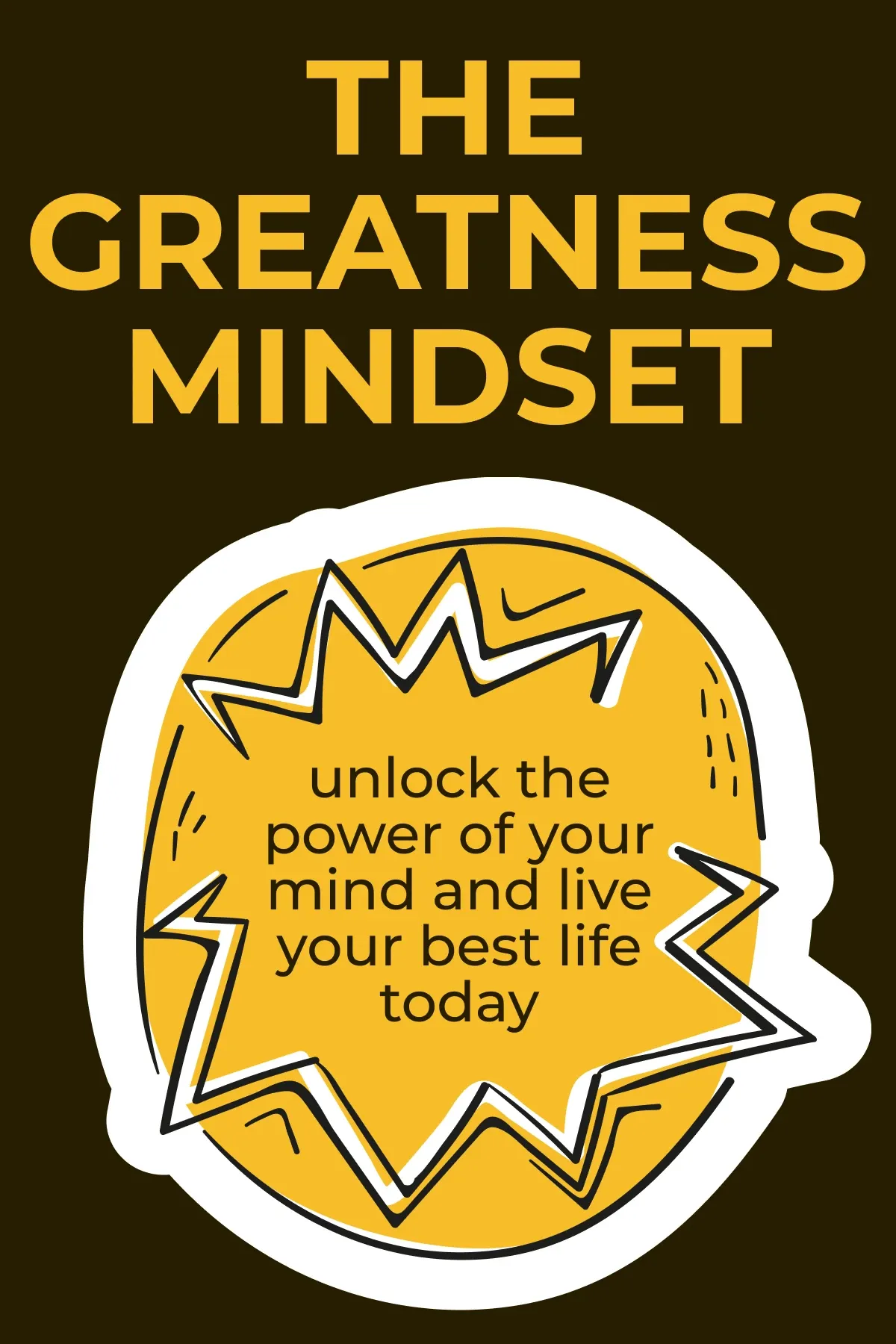
Kaizen
Brief Summary
Discover Kaizen, the Japanese philosophy of working with your habits, consistently moving forward, and tackling big goals with small steps. You can apply Kaizen to various aspects of your life — your career, relationships, and hobbies. If you want to achieve your goals and make your new habits stick, read on to find out how!
Key points
Key idea 1 of 7
Perhaps you’ve heard the word “Kaizen.” But do you know what it means? In general, Kaizen is a business theory. Or, at least, it was a business theory when the US aimed to help Japan rebuild its economy after World War II. Noteworthy, Kaizen is a philosophy that combines both Eastern and Western wisdom. Many companies, such as Toyota, have implemented this strategy.
After helping Japan and its business, Kaizen returned to America. It was then that Kaizen reshaped itself and entered the field of personal development. Interestingly, “Kaizen” is translated from Japanese as "change." That is, starting with your habits, you gradually change.
It is a well-known fact that our brains constantly form habits, saving energy for more complex actions. However, the brain also establishes habits based on bad things. What is a piece of advice here? To understand yourself, you must ask yourself about habits.
You should take a piece of paper and divide it into sections corresponding to different spheres of your life. Then, analyze whether all areas of your life make you happy. If they don’t, look closer for the reasons and understand what you want in this life. Finally, write down your goals for each category.
The Kaizen philosophy has proven beneficial even in sports. For example, Sir Dave Brailsford used Kaizen to enhance the performance of his cycling team. He became the leader of the British cycling team in 2002 when the team was far from success. As the head of the team, Brailsford divided every part of cycling into the smallest sections, such as aerodynamics, bike maintenance, nutrition, etc. Then, he asked everyone to improve every aspect by at least 1 percent.
Thus, he didn’t focus on perfection but acknowledged every minor achievement. This helped to accumulate all the minor goals and turn them into significant results. Such celebrations of minor accomplishments increased the enthusiasm of the team members and encouraged them to do more. As a result, the British cycling team won seven out of ten possible gold medals by the 2008 Beijing Olympics. Their performance was similarly brilliant at the London Olympics in 2012. This inspired Brailsford to take this strategy to British politics and propose significant changes to public services based on Kaizen principles.
FAQ
You may also like these summaries











